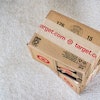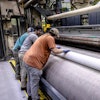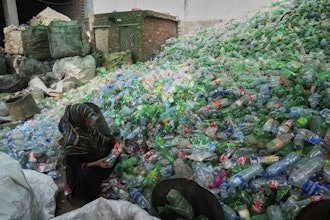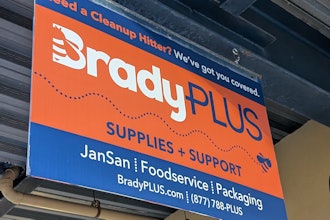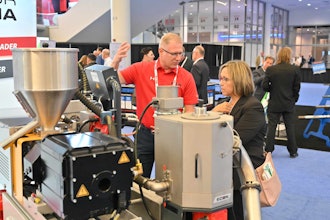NEW YORK (AP) — Could plastic foam containers get 86'd from the menu of takeout food options in the nation's biggest city?
A sanitation official said Wednesday the idea is under discussion but it's too soon to say what will get recommended in an upcoming report on increasing recycling rates.
Polystyrene foam, sometimes sold under the brand name Styrofoam, has long been popular among restaurateurs for lightweight, heat-retaining containers, but environmentalists complain it takes years to break down in trash. Some communities around the country have barred eateries from using to-go containers made of it.
As New York City officials prepare a report on how to double the city's residential recycling rate, the foam is "one of the things that you have to look at," Department of Sanitation Deputy Commissioner Ron Gonen said by phone Wednesday.
"It may or may not be a component of the overall plan," due in a few weeks, said Gonen, who oversees recycling and environmental sustainability initiatives.
Mayor Michael Bloomberg last year set a goal of recycling 30 percent of the city's household trash by 2017, up from about 15 percent now. City Hall is "always willing to take a look at new ways to reduce waste that can't be recycled or reused," spokesman John McCarthy said Wednesday.
It costs the city an average of $86 per ton to landfill some 2 million tons of garbage a year; by contrast, the city nets a payment of at least $10 a ton for recycling paper and about $14 a ton for recycling glass and plastic, Gonen said.
"The environmental benefits of recycling are obvious," he said. "What we're trying to do is make clear to everyone why it's important from an economic perspective."
His agency is looking at a range of ideas for boosting recycling and trimming trash. One notion could be expanding test programs for separating and collecting organic waste, for instance.
Some towns and cities from Seattle to Brookline, Mass., have ordered eateries to stop using polystyrene foam cups and containers. Supporters have said such bans cut down on trash and keep the foam products out of landfills, while opponents have said the measures are overreaching and customers who don't like such containers can choose restaurants that don't use them.
A similar proposal has stalled in New York's City Council in recent years, and restaurateurs aren't eager to see it take on new life.
"We shouldn't start banning products until we have done a more full analysis of the costs associated, not only with government but for small businesses," New York State Restaurant Association spokesman Andrew Moesel said Wednesday. "Now is not the time to continue to put more regulations and cost burdens on an industry that is already struggling to make a profit."

